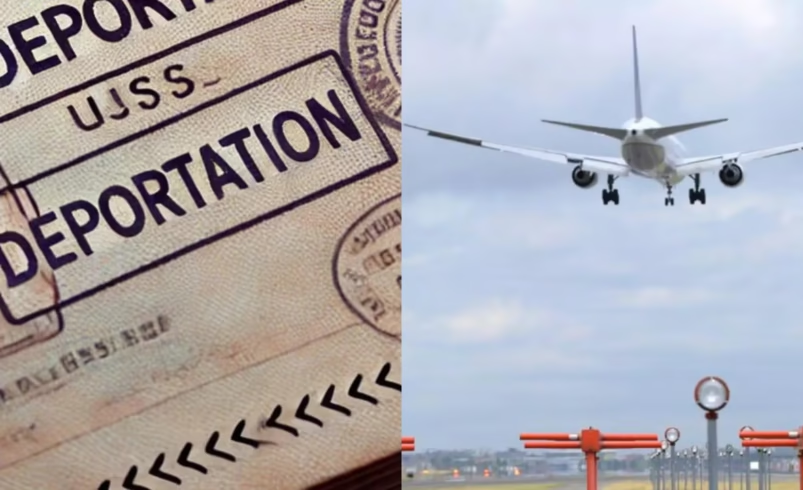UK Implements Immediate Deportation for Indian Nationals Convicted of Crimes
- August 12, 2025
- 0

In a pivotal policy shift, the United Kingdom has included India in a list of countries whose citizens, upon being convicted of crimes, will face immediate deportation. This decision is part of the UK’s “deport now, appeal later” initiative, which aims to streamline the deportation process for foreign nationals involved in criminal activities. Under this policy, Indian nationals will be deported without the opportunity to appeal their conviction from within the UK. Instead, they will be required to participate in any appeal hearings remotely from India.
The introduction of this policy marks a significant change in how the UK handles deportations. By enforcing immediate deportation, the UK government seeks to expedite the removal of individuals who have been convicted of crimes, thereby reducing the burden on its legal and immigration systems. This move is expected to have wide-ranging implications for Indian nationals residing in the UK, particularly those involved in legal disputes.
One of the most notable aspects of this policy is the requirement for deported individuals to engage in appeal hearings from their home country. For Indian nationals, this means participating in legal proceedings remotely from India. This change raises questions about access to legal resources and representation for those affected, as well as potential challenges in ensuring fair and just hearings.
The inclusion of India in this list reflects broader immigration and legal strategies by the UK government aimed at addressing crime and enhancing national security. As this policy unfolds, it will be crucial to monitor its impact on bilateral relations between the UK and India, as well as its effects on the Indian diaspora in the UK. The long-term success and fairness of this initiative will likely depend on how effectively remote appeal processes are managed and whether they uphold international legal standards.